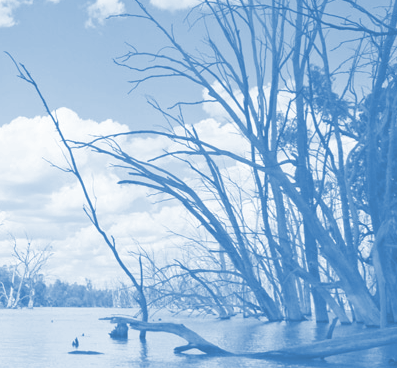Murray 'emergency' call urged
 Experts are calling on the Federal Government to declare a water emergency in the Murray-Darling Basin.
Experts are calling on the Federal Government to declare a water emergency in the Murray-Darling Basin.
“Rent-seeking” from special interest groups like irrigators has led to an emergency, according to ANU researcher Quentin Grafton.
In a new paper, Professor Grafton also blames “regulatory capture” for exacerbating issues, with decisions by bureaucrats tending to favour particular interests.
He chose the term “water emergency” because using the term drought shifts blame on to the environment.
“If you use a different rhetoric ... then you change the whole nature of this. It says, well, first of all, there's a crisis,” Prof Grafton told AAP.
“But it's not just a crisis in the context of a lack of rain, it says there's something else going on here.
“And the something else that is going on here is that successive water ministers and decisions by government have actually contributed to the situation that we're in now.”
Prof Grafton says there has been high representation by irrigator lobbyists with the NSW government, including 25 meetings between 2014 to 2018, while non-industry groups only had one.
He said there is mounting evidence that water infrastructure spending has not increased water flows since the Murray-Darling Basin Authority was established in 2007.
Professor Grafton says rent-seeking and regulatory capture are the only logical explanations to explain such spending.
“That is to say that there's a relatively small group of individuals or agencies or entities ... that have been able to influence decision-makers within state governments and Australian government to undertake these expenditures,” Prof Grafton said.
He encouraged a return to options put on the table during the Millennium Drought in the 2000s.
These ideas included a new Water Act, a national initiative by governments to improve water efficiency and the creation of the since-abolished National Water Commission.
Prof Grafton said the government today has only come up with a single proposal - building new dams.







 Print
Print